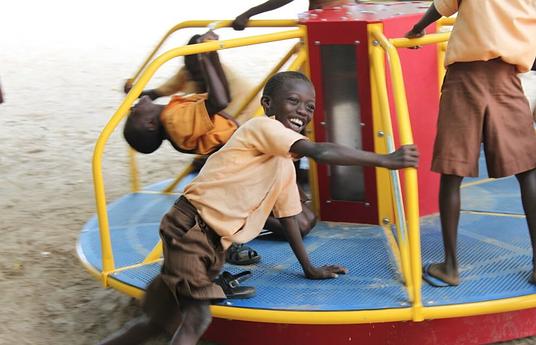With the Right to Education Act 2009, schooling for ages 6-14 years became compulsory in India and required collective efforts from the state, communities and other organisations to bring out-of-school children under the umbrella of mainstream education. To address this, Kadam was developed by Humana People to People India (HPPI) as a learning enhancement program.
The focus of primary education in India is multifold and Kadam helps in catering to a large number of children for age appropriate school integration and providing simpler tools to achieve learning progression taking into account limited internet accessibility in many areas. Kadam caters to multi-graded classrooms where children are at different learning levels, providing accelerated learning to bridge learning gaps wherein core competencies are addressed to build a strong foundation to further learning. Holistic development of children is key for their cognitive progression and socio-emotional well being, including experiential learning for real life and long lasting learning. Kadam provides adaptive assessments, which are individualised for every child.
Since 2014, Kadam has been successfully implemented in 9 states of India, and catered to the learning needs of more than 200,000 children. Kadam's teaching-learning strategy has been adapted and adopted by primary school teachers to plug the learning gaps in children to achieve age appropriate learning. The flexibility in the Kadam model is instrumental in its varied implementation which has been found to be advantageous for children who have no access to education, have access to schools but are not enrolled, are enrolled in schools but do not attend regularly, have dropped out of schools, are in regular schools but do not have age appropriate learning level.
1. Obtain the Kadam toolkit
2. Understand how the Kadam methodology works
3. Use the tools and techniques with children as suggested in the programme model - some tools are for children while others are for teachers
4. Get accurate results of the baseline and end-line assessments
5. Enter data on MIS on regular basis
6. Involve parents and community members during the entire learning process


